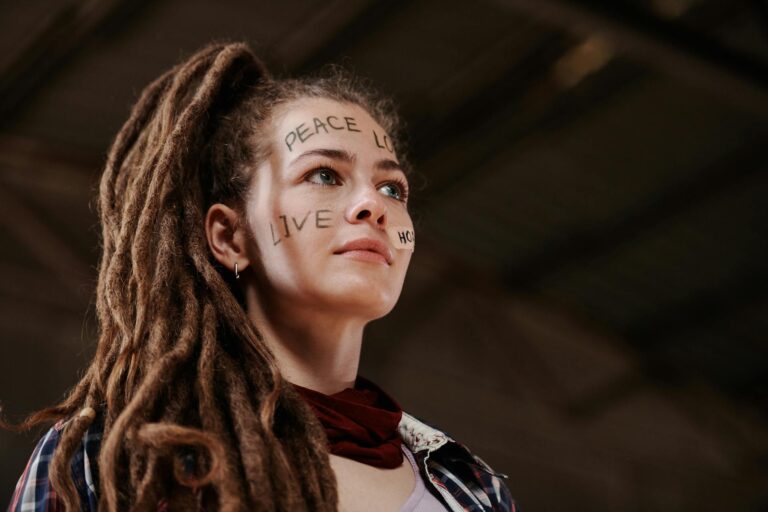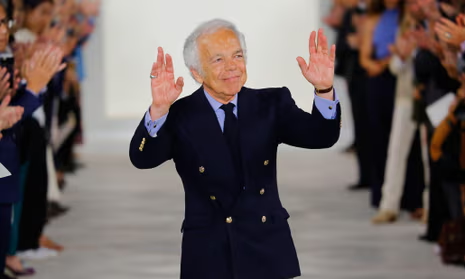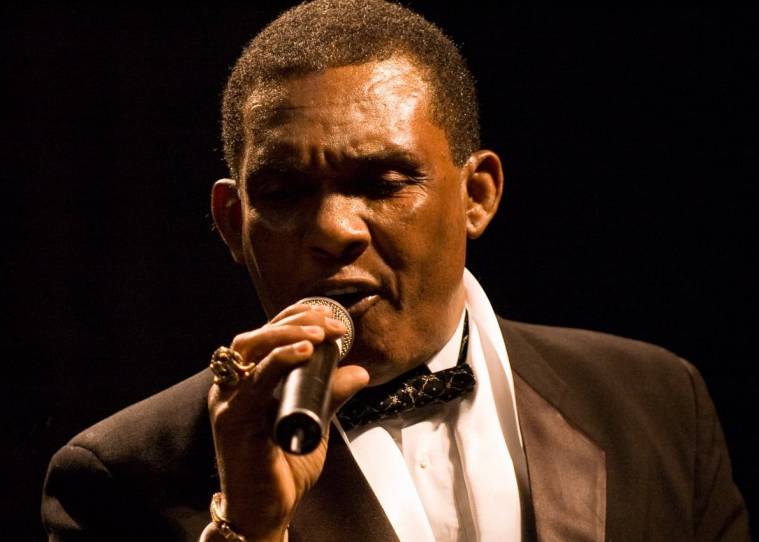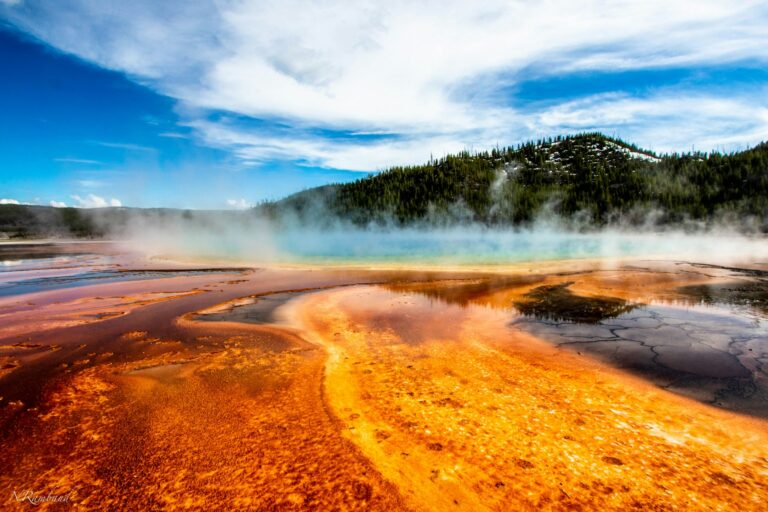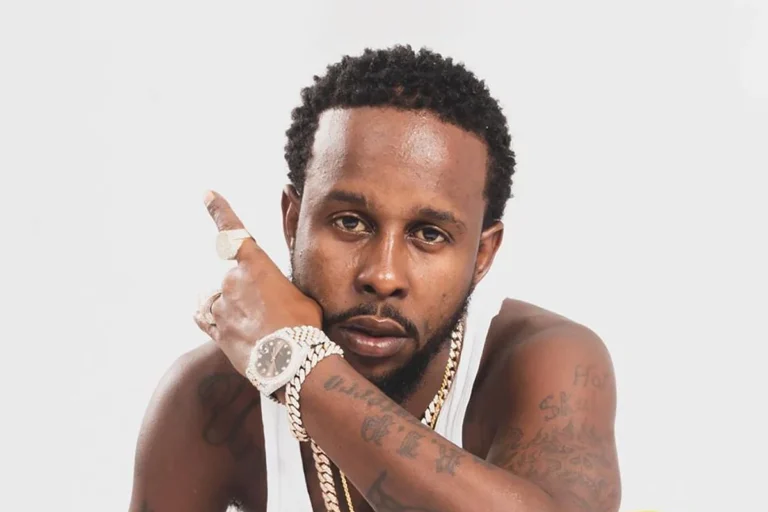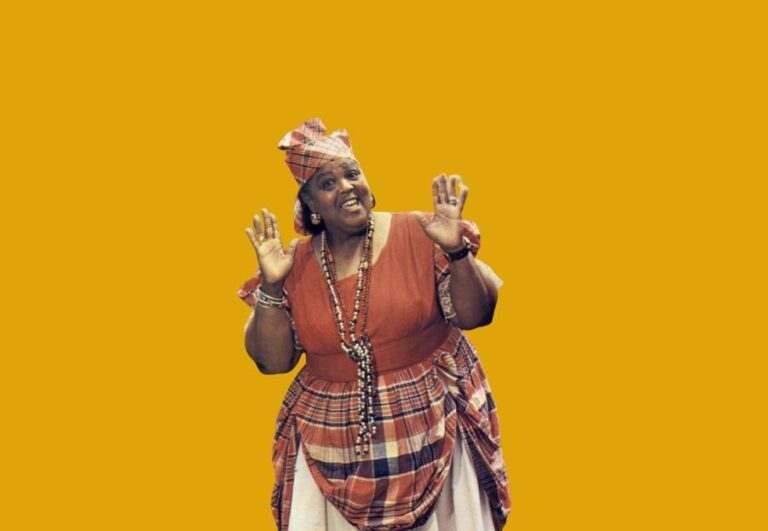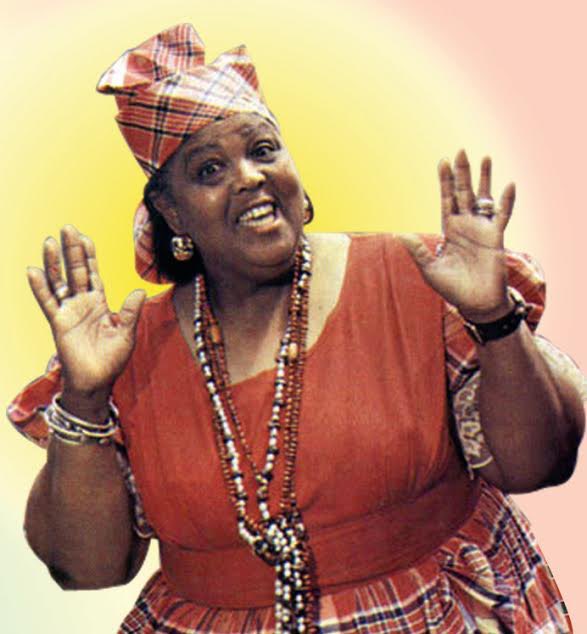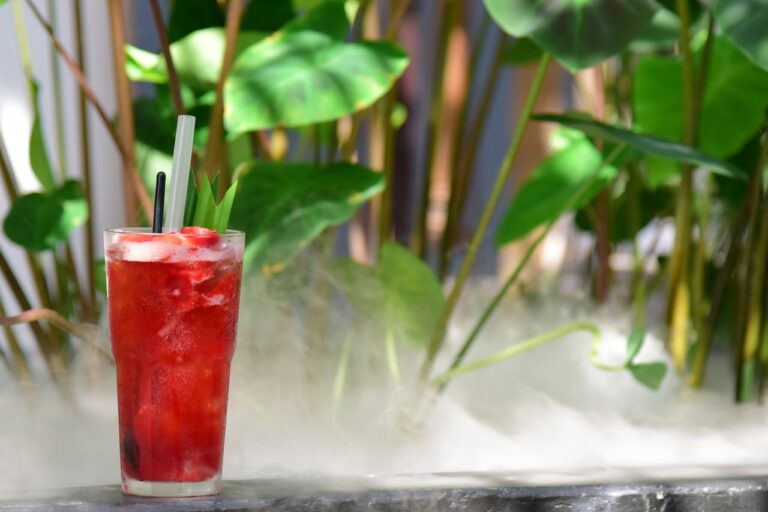So, you want to be a Jamaican? Not just any Jamaican, but the coolest Jamaican to ever grace the planet? Well, grab your coconut water, turn up some reggae, and let’s take a hilarious deep dive into what it truly means to master the art of being irie (that means cool, chill, and unbothered for the uninitiated).
1. Master the Jamaican Walk
If you’re walking too fast, you’ve already failed. Jamaicans don’t rush—unless it’s a crab racing competition (yes, that’s a thing). The coolest Jamaican has a slow, confident stroll, like the world is waiting on you, not the other way around. Channel your inner reggae beat and glide through life with effortless swag.
2. Perfect Your Patois (Or at Least Try)
Jamaican Patois is the secret sauce to sounding authentically cool. No need to sound like a foreigner who just watched a Bob Marley documentary—practice key phrases like:
- “Wah gwaan?” (What’s up?)
- “Mi deh yah, man.” (I’m here, no worries.)
- “Small up yuhself!” (Move over!)
- “Big up yuhself!” (Respect!)
If all else fails, just throw in a “ya mon” at the end of your sentences and hope for the best.
3. Develop a Deep Love for Jamaican Food
Cool Jamaicans don’t just eat—they feast. If you’re not willing to argue passionately about whether jerk chicken is better from Boston Bay or your granny’s backyard, are you even trying? Your diet must include:
- Ackee & saltfish (Jamaica’s national dish—if you don’t love it, just keep that to yourself.)
- Curry goat (Your respect levels go up if you know how to eat it properly—yes, bones and all.)
- Patties & coco bread (A true cool Jamaican has strategically mastered eating this without making a mess.)
4. Know Your Music (And Dance Like Nobody’s Watching)
Cool Jamaicans don’t just listen to music—they feel it. Your playlist must have a strong balance of reggae, dancehall, and a few gospel tracks (because even badman haffi praise di Lord). If you can buss a dance like the “Willie Bounce” or “Dutty Wine,” then you’re already ahead of the game.
5. Be Ready to Debate Anything with Passion
Jamaicans can (and will) argue about everything. The best football team? Brazil (even though we all know it’s really Jamaica). Best pan chicken spot? Someone’s uncle’s roadside stall. If you want to be the coolest Jamaican, you must defend your opinions with the energy of a dancehall sound clash.
6. Use ‘Soon Come’ Like a Pro
“Soon come” doesn’t mean soon. It means whenever I feel like it. The coolest Jamaicans know how to stretch time like taffy—so if someone says, “Mi soon come,” expect them in anywhere from 10 minutes to next week.
7. Always Stay Cool Under Pressure
No problem is big enough to stress a Jamaican out. Late for work? “No worries, boss.” Hurricane outside? “Bredda, mi did tie down mi mango tree from last week.” The true mark of a cool Jamaican is the ability to remain unbothered in the most chaotic situations.
8. Rock the Right Look
Every cool Jamaican has a signature style. Whether it’s a mesh marina (vest), Clarks shoes, or dreadlocks that defy gravity, your outfit must say, “I’m effortlessly stylish.” Bonus points if you have a Jamaican flag somewhere on your body at all times.
9. Tell the Best Stories (Even if They’re Slightly Exaggerated)
Jamaicans are natural storytellers. Whether it’s about the time you saw Usain Bolt at a corner shop or how your grandfather was best friends with Bob Marley’s cousin’s neighbor, every cool Jamaican has a story that gets better each time they tell it.
10. Live the ‘One Love’ Lifestyle
The coolest Jamaicans embody the spirit of “One Love.” They’re welcoming, full of good vibes, and always ready to share a laugh. So if you really want to be the coolest Jamaican that ever lived, just relax, enjoy life, and spread love like you just won a lifetime supply of jerk chicken.
Now, go forth and be cool, my wannabe Jamaican! Just don’t overdo it—otherwise, we’ll know you’re faking it. 😎🇯🇲


